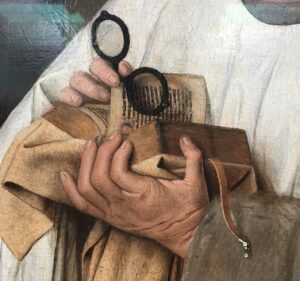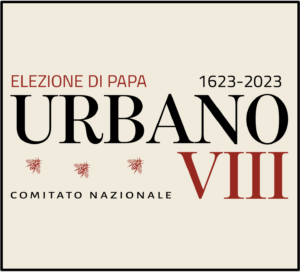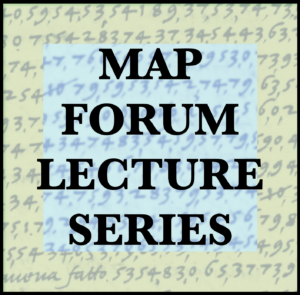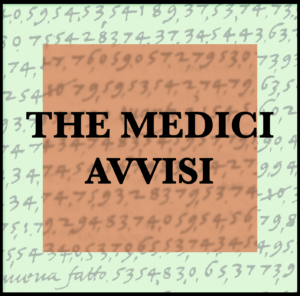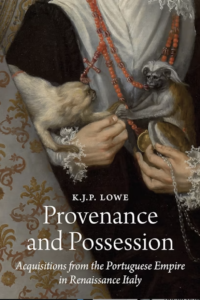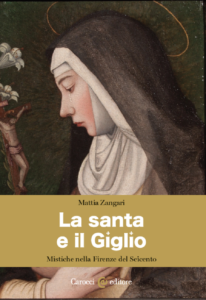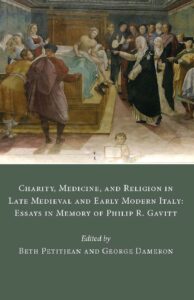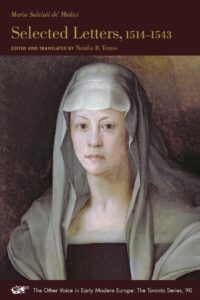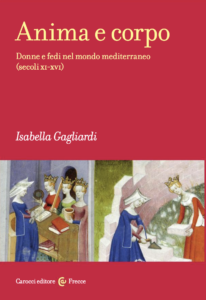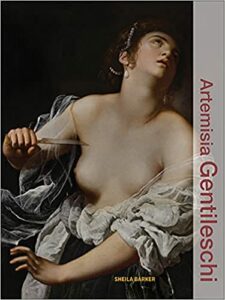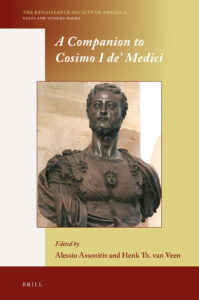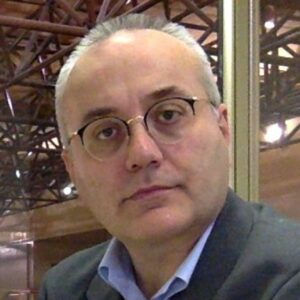
Maurizio Arfaioli
Senior Research Fellow – Coordinator of the The 100 Initiative
Ph.D. University of Warwick (2002)
Research Interests: Early Modern Military History, Digital Humanities
Maurizio Arfaioli is Senior Research Fellow at the Medici Archive Project since 2011 and has contributed to the contents and development of the Project’s digital platforms and its research programs since 2005. He is the author of The Black Bands of Giovanni and has published essays and articles on Florentine military history and iconography, and was a curator of the exhibition (Cento lanzi per il Principe) on the German Guard of the Medici Grand Dukes held at the Gallerie degli Uffizi in 2019. His interests include military history, Grand Ducal Florence, Spanish Italy and Low Countries, early modern military iconography, and digital prosopography. Arfaioli’s current projects focus on the Florentine military system under the reign of Cosimo I de’ Medici (1519-74), and the Italian troops in Spanish service in the Low Countries (1567-1714).
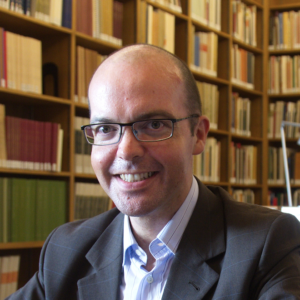
Davide Baldi Bellini
Senior Research Fellow – Book History Project
Ph.D. Università di Udine (2011)
Research Interests: Book History, Paleography, Papyrology, Byzantine History, Music History
Davide Baldi Bellini is an adjunct professor at the University of Florence. His research interests center on the transmission of Greek and Latin texts as well as on Byzantine culture and Renaissance Humanism. He was a Lila Wallace-Reader’s Digest Fellow at I Tatti, the Harvard University Center for Italian Renaissance Studies (2013-2014), a Post-Doc Fellow at Ca’ Foscari University of Venice (2014-2015), and a Research Assistant for Western Manuscripts at the Calouste Gulbenkian Foundation in Lisbon (2016-2019). His scholarly work has been published in a number of international refereed journals and by leading academic publishers. His most important publications include: Il ‘Codex Florentinus’ del Digesto e il fondo Pandette (Segno e testo, 2010); Etymologicum Symeonis gamma-epsilon (Brepols, 2013); Sub voce etymologia (Revue d’histoire des textes, 2014); Le editiones di Prisciano e i graeca (Georg Olms Verlag, 2014); Atanasio. Vita di Antonio (Città nuova, 2015); Il greco a Firenze e Pier Vettori (1499-1585) (Ed. dell’orso, 2015); The Young Amerigo Vespucci’s Latin Exercises (Humanistica Lovaniensia, 2016); I Documenti del Concilio di Firenze e quasi sei secoli di storia (Rivista di storia e letteratura religiosa, 2017); ‘O filii et filiae’: testo, melodia e Fortleben (Rivista internazionale di Musica sacra, 2018); Ringmann, Waldseemüller and the Philological Cosmography of the New World (Peter Lang, 2018); Aldo Manuzio e le peculiarità greche: le abbreviazioni (Ledizioni, 2019); and Pier Vettori: Philologist and Professor (Brill, 2021).
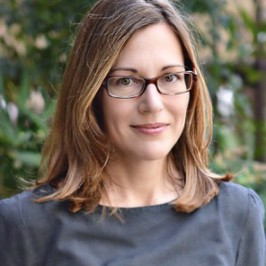
Sheila Barker
Director of the Center for the History of Women
Ph.D. Columbia University (2002)
Research Interests: Italian Art; Women’s History; Science and Medicine at the Medici Court.
Formerly the Executive Director of the Friends of MAP and Director of the Jane Fortune Research Program on Women Artists, Sheila Barker arrived at MAP in 2005 to develop its database as a Samuel H. Kress Curatorial Fellow. In 2010, she founded MAP’s first research program: the Jane Fortune Research Program on Women Artists, which received an award from the Society for the Study of Early Modern Women in 2014. Her publications include the 2020 exhibition catalog The Immensity of the Universe in the Art of Giovanna Garzoni as well as three edited volumes: Artemisia Gentileschi in a Changing Light, Women Artists in Early Modern Italy, and Artiste nel chiostro (co-edited with Luciano Cinelli). Her articles have appeared in the Burlington Magazine, the Art Bulletin, the Court Historian, Early Modern Women, the Mitteilungen des Kunsthistorischen Institutes in Florenz, Memorie Domenicane, and Roma Moderna e Contemporanea. In 2022 she published Artemisia Gentileschi for Lund Humphries’s “Illuminating Women Artists” series, co-published by Getty Publishers. Currently her work with MAP is focused on the “Digital Bronzini“, a project to create a born-digital edition of Cristofano Bronzini’s Della Dignità e la Nobiltà delle Donne. The latter is a 36-tome-manuscript composed c. 1620 on the achievements of women across the ages and throughout the world.

Gaston J. Basile
Senior Research Fellow – Director of the Medici Archive Project Book Series with Brepols/Harvey Miller
Ph.D. Universidad de Buenos Aires (2013)
Research Interests: History of Medicine, Humanist Discourse, Latin & Greek Philology
https://uba.academia.edu/GastonBasile
Gaston J. Basile is currently senior research fellow and series editor for MAP’s publications, as well as a pro-term professor in the Department of Classics and the postgraduate school at the University of Buenos Aires. His latest research explores the origins of Greek scientific discourse and the translation of scientific texts during the Italian Renaissance. He is currently leading a large-scale project on previously unstudied recipe collections from Medici Florence. His postdoctoral work has been supported by fellowships and grants from prestigious institutions, including the National Endowment for the Humanities (2022-2023), the Harvard Center for Italian Renaissance Studies (2021-2022), The Warburg Institute (2019), the Deutscher Akademischer Austauschdienst (2018), the University of Buenos Aires (2015-2017), and the University of Siena (2016, 2011). His most recent research has been published in renowned journals such as the Journal of the Warburg and Courtauld Institutes, Arts et Savoirs, Medievalia et Humanistica, Bulletin of the Institute of Classical Studies, Dialogues d’Histoire Ancienne, and Renaissance Quarterly (William Nelson Prize for the best research article of 2023). His forthcoming monograph investigates the role of Greek-to-Latin translation in the development of scientific knowledge in fifteenth-century Italy.

Davide Boerio
Senior Research Fellow – Birth of News
Ph.D. University College Cork/ University of Teramo (2018)
Research Interests: Political History, Cultural History, Media History, Renaissance History
https://eucc.academia.edu/DavideBoerio
Davide Boerio is Senior Research Fellow at MAP, where he works within the Birth of News program. He has published articles in Histoire et Civilisation du Livre, Annali dell’Istituto storico italo-germanico in Trento, and he has a chapter in News Networks in Early Modern Europe published by Brill (2016). His research focuses on the production, reception, and dissemination of political information during the Seventeenth century crisis. He is currently Post-doctoral researcher for EURONEWS project founded by the Irish Research Council.
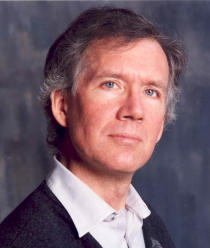
Brendan Dooley
Director of the Birth of News Research Program
Ph.D. University of Chicago (1986)
Research Interests: History of Knowledge, Media History, Digital Humanities
At the Medici Archive Project, as director of the Birth of News program, he is currently working on the emergence, diffusion and impact of handwritten newsletters. He has published extensively on media history and history of knowledge. Recent publications include: A Mattress Maker’s Daughter: The Renaissance Romance of Don Giovanni de’ Medici and Livia Vernazza (Harvard University Press: 2014). Brendan Dooley is the Professor of Renaissance Studies in the Graduate School of the College of Arts at University College Cork.
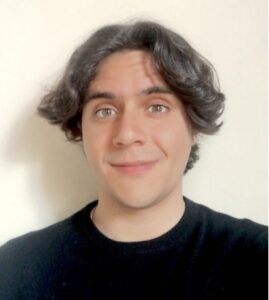
Federico Giglio
Assistant Director
PhD Candidate Sapienza Università di Roma (’21-’24)
Research interests: Visual Culture in the sixteenth century in Italy; Giorgio Vasari; Michelangelo.

Isabella Gagliardi
Senior Research Fellow
Ph.D. Scuola Normale Superiore of Pisa
https://www.unifi.it/p-doc2-2013-200007-G-3f2b3429392a2c-0.html
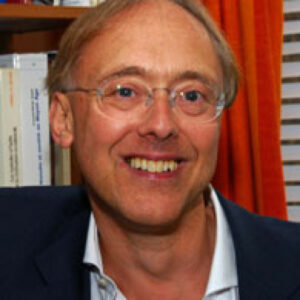
John Henderson
Director of the Medicine and the Medici in Grand Ducal Tuscany Research Program
Ph.D. University of London (1983)
http://www.bbk.ac.uk/history/our-staff/academic-staff/professor-john-henderson
John Henderson is one of the leading historians of medicine in Renaissance and early modern Tuscany. He is Professor of Italian Renaissance History in the Department of History, Classics and Archaeology, Birkbeck, University of London, and Fellow of Wolfson College, University of Cambridge. Professor Henderson has published a wide range of books and articles on the social, reli gious and medical history of Medieval and Renaissance Tuscany. Major monographs include: Piety and Charity in Late Medieval Florence (1994, 1997, 1998 in Italian); The Great Pox. The French Disease in Renaissance Europe, with J. Arrizabalaga and R. French (1997), The Renaissance Hospital. Healing the Body and Healing the Soul (1997), and, most recently, Florence under Siege (2019).
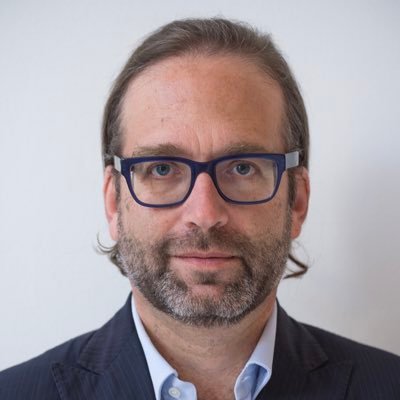
Sefy Hendler
Senior Curatorial Fellow
Ph.D. University of Paris 1 Pantheon-Sorbonne
Research Interests: Early Modern Italian Art
Sefy Hendler is a senior lecture in Early Modern Italian art, Tel Aviv University, Art History Department. Hendler obtained his Doctorat from the Paris 1 University (Panthéon-Sorbonne). He also serves as the director of the Genia Schreiber University Gallery where he curated several exhibitions. Hendler specializes among other in 16th century art in Florence and Rome. His book Gracious and beautiful monster: the literary Universe of Bronzino’s Nano Morgante (Florence: Maschietto Editore, 2016) provided a new reading into the portrait of Cosimo de’ Medici court dwarf and the complex literary and botanical questions surrounding it. His current research project, funded by the Israeli Science foundation, examines artistic failure in 16th century Italy.
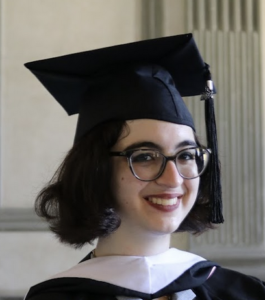
Emma Iadanza
Junior Research Fellow; Social Media Manager; Internship Coordinator
B.A. Vassar College ‘22; M.A. ’23; PhD Candidate, The Courtauld Institute of Art
Research Interest: Visual and material culture in 15th- and early 16th-century Italy; patronage; self-fashioning and identity making; art and politics; ephemera and ceremonies
Emma Iadanza joined Medici Archive Project since 2020. After an on-site internship in 2021, she joined the staff as Social Media Manager and Internship Coordinator in summer 2022. She is a PhD candidate at the Courtauld Institute of Art with a dissertation entitled “The Pazzi Ascendancy: Identity, Patronage, and Network of a Florentine Family, c. 1430–1520.” Building on the rich scholarship on the Medici and other elite families of fifteenth-century Florence, her work considers the infamous Pazzi family as patrons both before and after the Conspiracy of 1478. Emma is a recipient of the Beinecke Scholarship and the Linda Nochlin ‘51 Memorial Scholarship, which will fund her graduate studies, as well as other prizes and scholarships which support her work in the U.S., the U.K., and Italy.
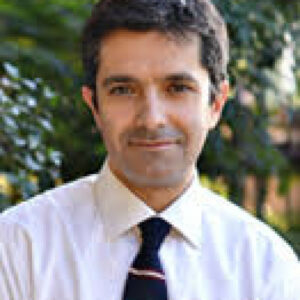
Piergabriele Mancuso
Norman E. Alexander Family G Foundation Director of the Jewish History Program
Ph.D. University College London (2009)
Research Interests: Early Modern Jewish History and Culture, Jewish Music
Piergabriele joined The Medici Archive Project in 2013 as director of the Jewish history research program, coordinating and developing research initiatives on the role of the Jews in the early modern period. He has published extensively on Jewish history, Hebrew paleography and Jewish music. He is the coordinator of the Ghetto Mapping Project, a major research program aiming to reconstruct the architectural, economic and demographic features of the ghetto of Florence.
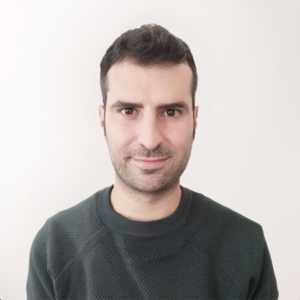
Giovanni Piccolino Boniforti
Digitization Techinician
B.A. University of Florence
Native of Florence, Giovanni is a photographer, graphic designer and has been responsible for the 3D reconstruction of the Jewish Ghetto of Florence since 2016. With a past as a sports publicist, he is currently pursuing a degree in Architecture at the University of Florence.
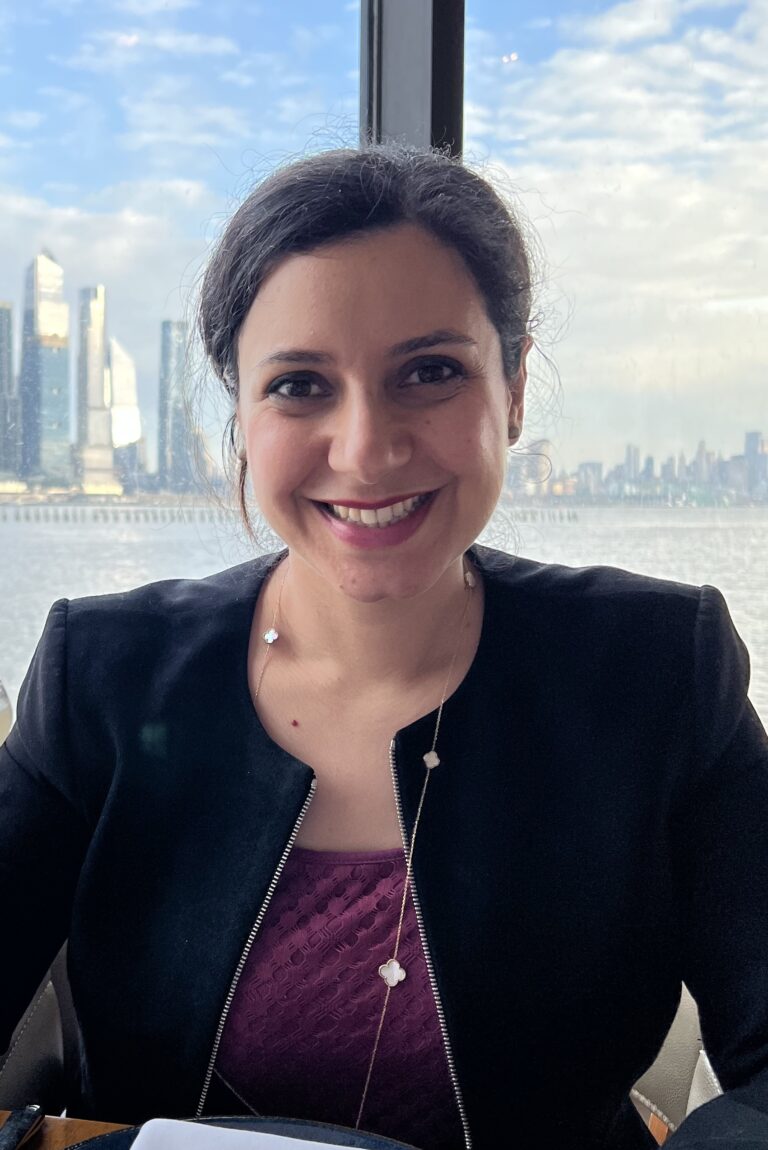
Negar Rokhgar
Senior Research Fellow – Director of the MAP Forum
Ph.D. Rutgers University
Research Interests: Italian Renaissance Art, Islamic Art.
Negar Rokhgar is an Art Historian with a dual specialty in early modern Italy (1400-1800) and the arts of Islam (7th century to contemporary). Negar focuses her research on the material culture of exchanges in Eurasian networks between Islamic powers of the early modern period and Europe. Currently serving as a Visiting Assistant Professor of Art History at Pratt Institute in Brooklyn, she offers courses on the global history of art and design. Additionally, Negar hosts the MAP Forum, a weekly webinar series for the Medici Archive Project, highlighting recent scholarly projects in the early modern period on a global scale. Her experience includes multiple research fellowships at the Medici Archive Project in Florence, including a Samuel H. Kress fellowship (2018) and Eva Schler Postdoc fellowship (2021). Presently, Negar is a New Foundation for Art History fellow (2024-26/27), dedicated to her monograph titled “Cross Roads of Mobility between Early Modern Tuscany and Persia,” slated for publication by Penn State University Press.
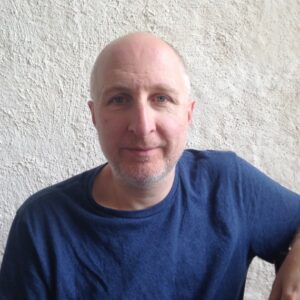
Marcello Simonetta
Director of the Arte del Negozio Program
Ph.D. Yale University (2001)
Research Interests: political and diplomatic history of late fifteenth and early sixteenth-century Italy
https://independent.academia.edu/MarcelloSimonetta
Marcello Simonetta earned his laurea at Sapienza in Rome and his Ph.D. at Yale University. He has authored several books, among which his Medici trilogy, “The Montefeltro Conspiracy” (Doubleday, New York: 2007, translated in ten languages), “Volpi e Leoni. I Medici, Machiavelli e la rovina d’Italia” (Bompiani, Milan: 2014, translated in four languages) and “Caterina de’ Medici. Storia segreta di una faida famigliare” (Rizzoli, Milan: 2018, translated in four languages). He has also published monographs on Petrarch and Machiavelli, Guicciardini, Pier Luigi Farnese, and many scholarly articles. He has edited sources in Renaissance literary, historical, and diplomatic history. He is teaching Political Theory at NYU Florence and Syracuse University.
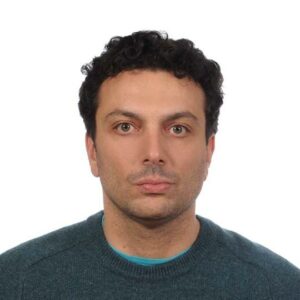
Vasileios Syros
Director of the Early Modern Greek Culture Program
Ph.D. Ruprecht-Karls-Universität Heidelberg (2003)
Research Interests: Renaissance Intellectual History; Greek Diaspora
Vasileios Syros’ teaching and research interests converge at the intersection of the history of Christian/Latin, Jewish, and Islamic political thought in the Middle Ages and the Renaissance. Syros has published Marsilius of Padua at the Intersection of Ancient and Medieval Traditions of Political Thought (University of Toronto Press, 2012); Die Rezeption der aristotelischen politischen Philosophie bei Marsilius von Padua (Brill, 2007); and Well Begun is Only Half Done: Tracing Aristotle’s Political Ideas in Medieval Arabic, Syriac, Byzantine, and Jewish Sources (ACMRS, 2011). His work has appeared in a number of international peer-reviewed journals, including Renaissance Quarterly, Viator, Journal of Early Modern History, Intellectual History Review, Medieval Encounters, Journal of World History, Philosophy East & West, History of Political Thought, and Revue des Études Juives. From 2014 to 2018 he directed the research program “Political Power in the Early Modern European and Islamic Worlds” and previously served as Principal Investigator for the project “Giovanni Botero and the Comparative Study of Early Modern Forms of Government” (2012–2017), which have both been funded by the Academy of Finland. Syros has received fellowships from Harvard University, the University of Michigan, Columbia University, the University of Pennsylvania, Princeton University, the Royal Society of Edinburgh, the Waseda Institute for Advanced Study, and the Hebrew University of Jerusalem. He is the editor of the book series Medieval and Early Modern Europe and the World (Brepols) and Edinburgh Studies in Comparative Political Theory and Intellectual History (Edinburgh University Press), and serves on the editorial boards of various book series and journals, including Republics of Letters (Stanford University) and Comparative Political Theory (Brill).

